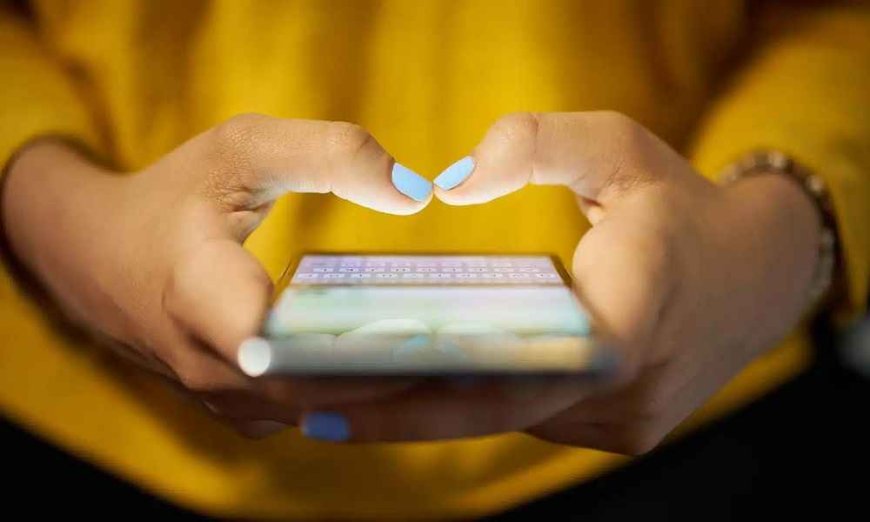The Irony of Social Media How It's Making Us Less Social
In the age of digitization, social media has become an integral part of our daily lives. With the promise of connecting people across

In the age of digitization, social media has become an integral part of our daily lives. With the promise of connecting people across the globe, it has revolutionized communication and brought communities closer together. However, beneath the veneer of interconnectedness lies a paradox: social media is subtly but significantly making us less social in the real world. In this article, we will explore the adverse effects of excessive social media usage, from diminishing face-to-face interactions to fueling loneliness and anxiety.
The Illusion of Connection
Social media platforms are designed to keep users engaged and immersed in their virtual world. Countless hours are spent scrolling through feeds, liking articals, and responding to messages, fostering a sense of connectivity. Yet, this digital connection often serves as a substitute for meaningful face-to-face interactions.
Studies have shown that excessive social media usage can lead to reduced socialization in real life. Instead of meeting up with friends or engaging in physical social activities, people are increasingly opting for online interactions, leading to a decline in the depth and quality of their relationships.
The Fear of Missing Out (FOMO)
Social media platforms constantly bombard users with updates about the lives of others. These articals often depict carefully curated versions of reality, showcasing the highlights while omitting the mundane or difficult moments. As a result, users may experience the Fear of Missing Out (FOMO), fearing that their own lives are not as exciting or fulfilling as those they see online.
Ironically, FOMO can lead to increased social isolation. Constantly comparing ourselves to others and feeling inadequate can result in avoidance of social situations, contributing to a paradoxical sense of being less social despite being consistently connected online.
Shallow Interactions and Miscommunication
Social media encourages short, rapid-fire interactions, such as likes, comments, and emojis. While these interactions may provide a momentary sense of acknowledgment, they often lack depth and fail to cultivate genuine emotional connections.
Moreover, the absence of non-verbal cues in digital communication can lead to misunderstandings and misinterpretations. Online discussions may devolve into heated arguments due to the lack of tone and body language, further distancing individuals from meaningful dialogue.
Social Comparison and Self-Esteem
The culture of comparison inherent in social media can have detrimental effects on self-esteem. As users are exposed to carefully crafted images of success, beauty, and happiness, they may internalize unrealistic standards and develop a negative self-perception.
Constantly seeking validation through likes and comments can become addictive, leading individuals to derive their self-worth from external sources. This dependence on online approval can erode self-confidence and create a reliance on social media for validation, rather than fostering a strong sense of self-worth from within.
Isolation and Loneliness
Paradoxically, despite the illusion of connectedness, social media has been linked to increased feelings of loneliness and isolation. Spending excessive time on social media can lead to a sense of detachment from reality, as users become absorbed in the lives of others and lose touch with their immediate surroundings.
Moreover, the addictive nature of social media can hinder real-life social interactions, leading to a cycle of loneliness and anxiety. Instead of seeking solace and comfort in genuine human connections, individuals mayThe Irony of Social Media: How It's Making Us Less Social
In the age of digitization, social media has become an integral part of our daily lives. With the promise of connecting people across the globe, it has revolutionized communication and brought communities closer together. However, beneath the veneer of interconnectedness lies a paradox: social media is subtly but significantly making us less social in the real world. In this article, we will explore the adverse effects of excessive social media usage, from diminishing face-to-face interactions to fueling loneliness and anxiety.
